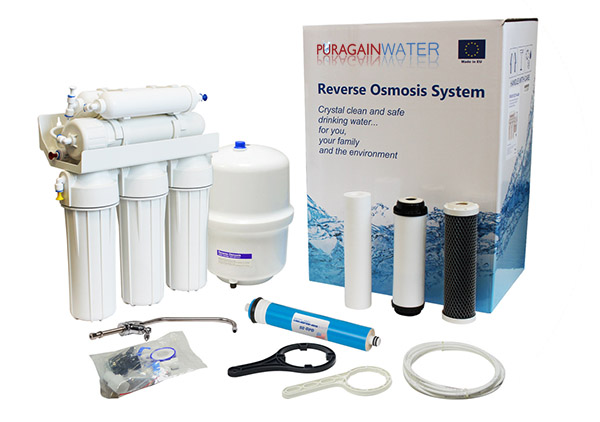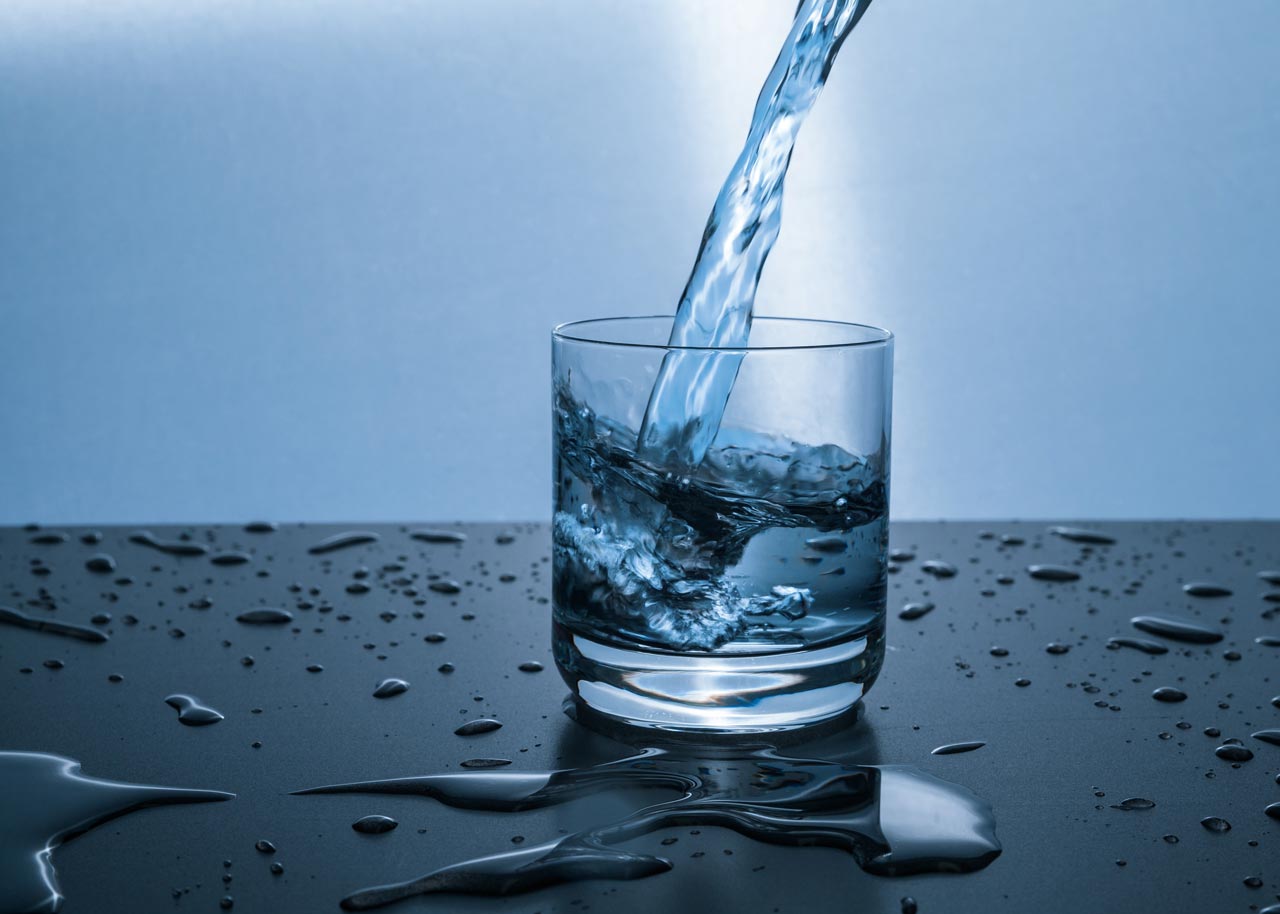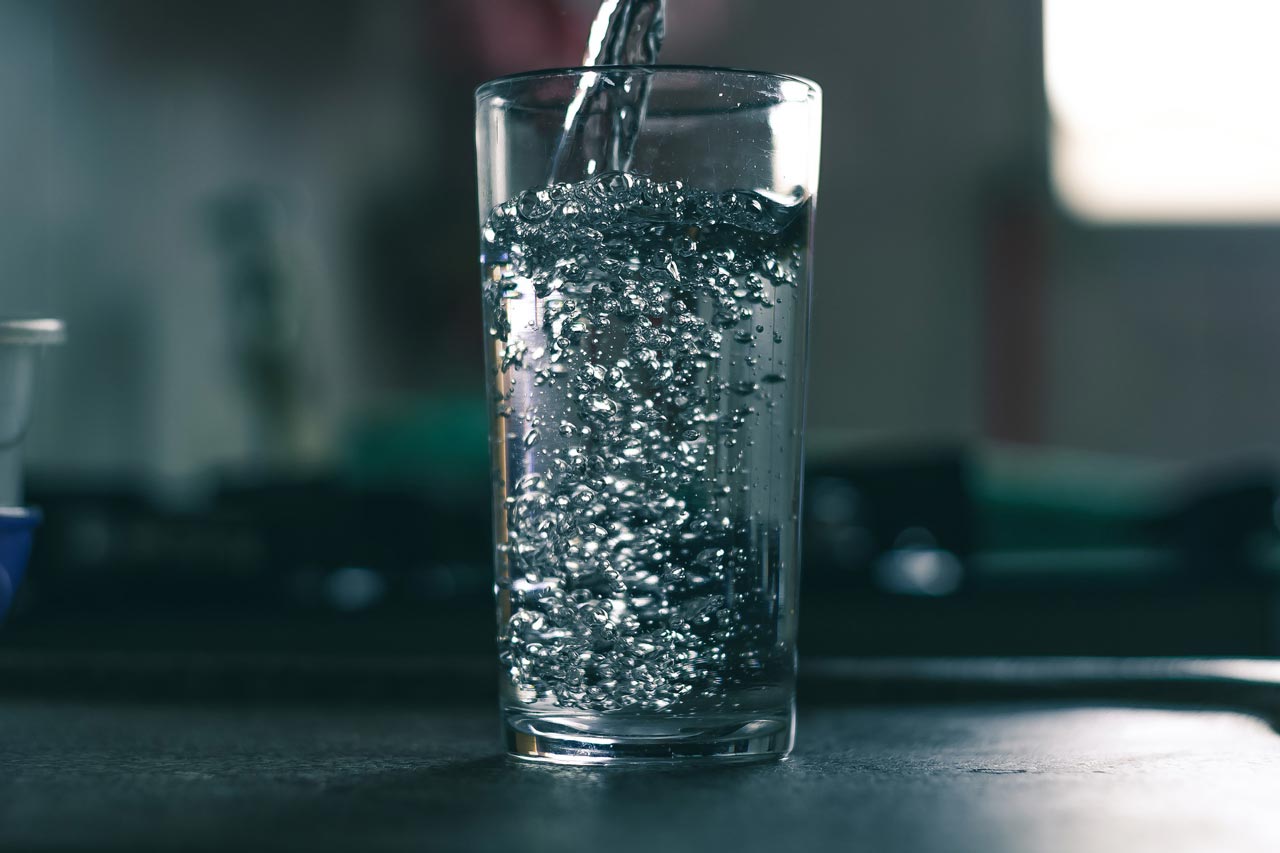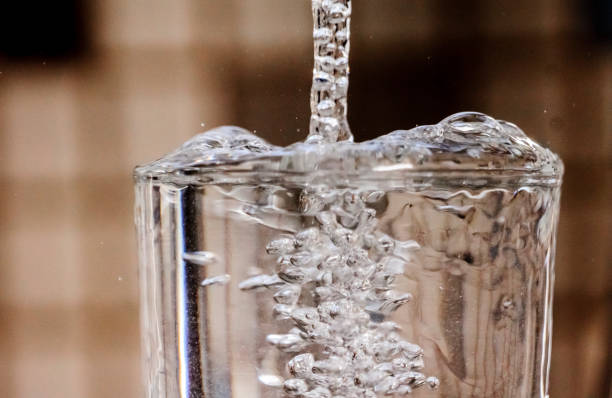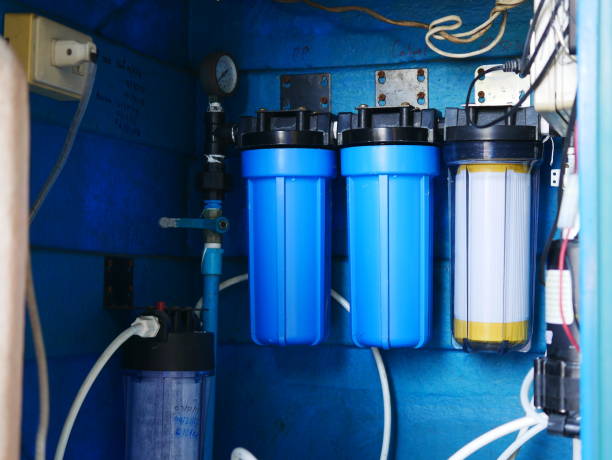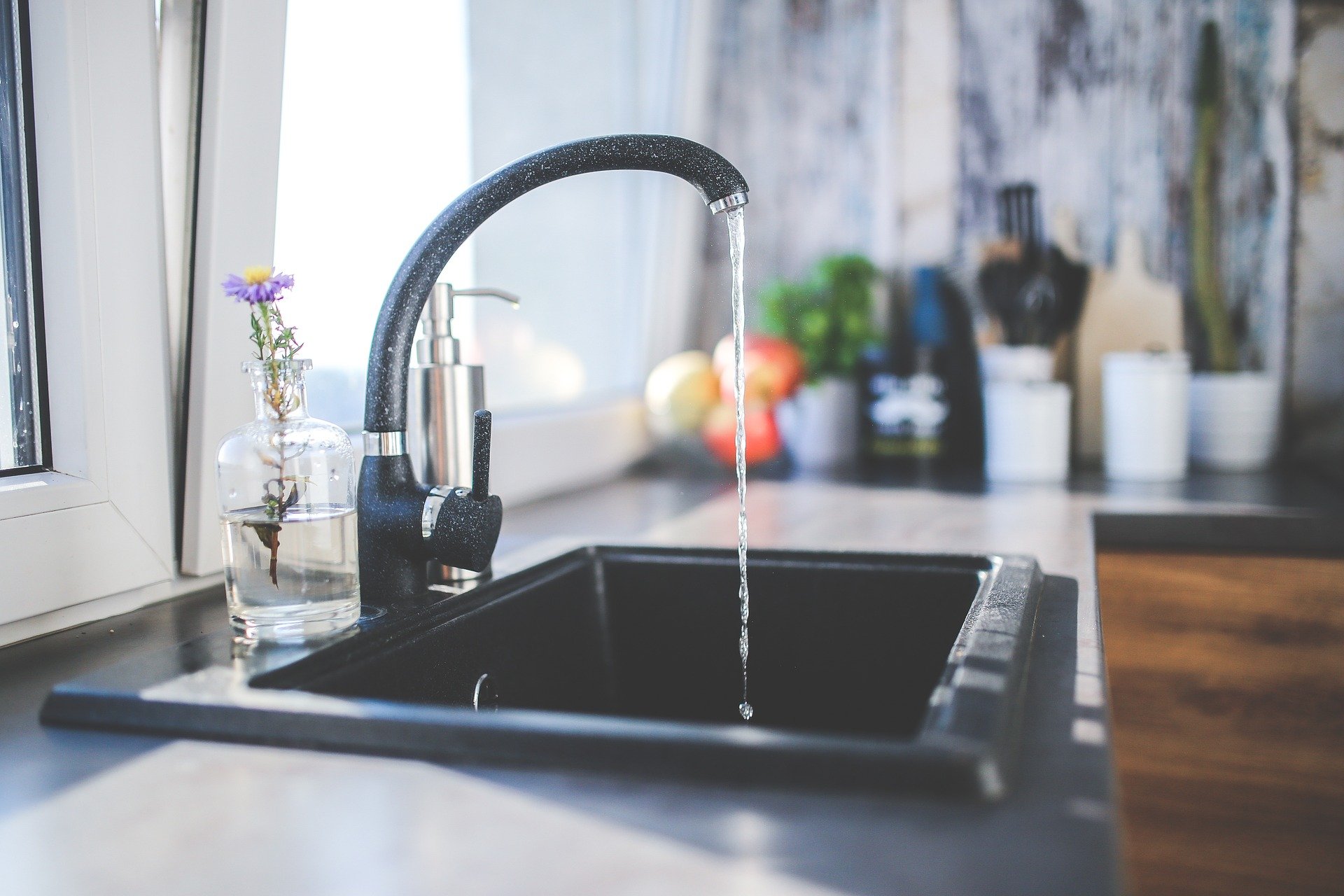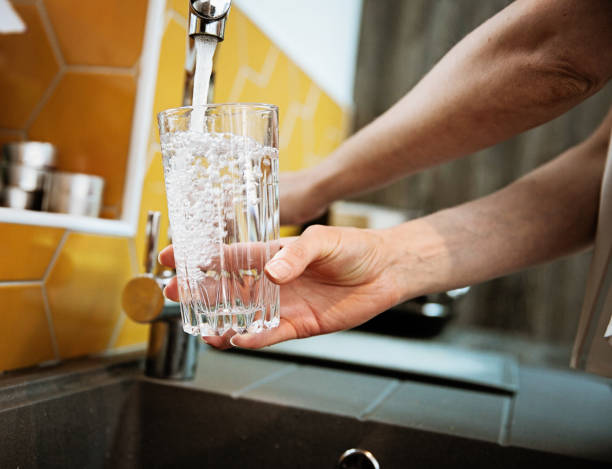
Water filtration systems are becoming increasingly popular as people become more concerned about the quality of the water they consume. These systems remove impurities and contaminants from the water, making it safe for consumption.
There are many different types of whole house water filtration systems available, but in this article, we’ll focus on the two most common ones.
What is a Home Water Filtration System?
Before we dive into the two most common water filtration systems, let’s first understand what a water filtration system is. These systems are designed to remove impurities and contaminants from water, making it safe for consumption.
A water filtration system is a device that is designed to remove impurities and contaminants from water. These impurities and contaminants can include bacteria, viruses, chemicals, minerals, and sediment. The two most commonly used whole house water filtration systems are reverse osmosis and activated carbon.
Reverse Osmosis Water Filtration System
The first and most common water filtration system is the reverse osmosis system. This system uses a semipermeable membrane to remove impurities and contaminants from water. The water is pushed through the membrane, which filters out impurities and contaminants, leaving clean drinking water.
How Does a Reverse Osmosis System Work?
A reverse osmosis system works by using pressure to push water through a semipermeable membrane. The membrane has small pores that allow water molecules to pass through while blocking impurities and contaminants. The impurities and contaminants are then flushed away, leaving clean drinking water.
|
Pros |
Cons |
|
|
|
|
|
|
Activated Carbon Water Filtration System
The second most common water filtration system is the activated carbon system. This system uses a carbon filter to remove impurities and contaminants from water. The carbon filter works by adsorbing impurities and contaminants onto its surface, leaving clean drinking water.
How Does an Activated Carbon System Work?
An activated carbon system works by using a carbon filter to remove impurities and contaminants from water. The carbon filter is made up of tiny pores that adsorb impurities and contaminants onto their surface.
The water passes through the filter, and the impurities and contaminants are trapped on the filter’s surface, leaving clean drinking water.
|
Pros |
Cons |
|
|
|
|
|
|
Both of these whole house water filtration systems are effective at removing impurities and contaminants from water, but they have their pros and cons. It’s important to consider your specific water source and needs before choosing a water filtration system. Regular maintenance of your chosen water filtration system is also essential to ensure safe drinking water.
Get Professionally-Installed Water Filtration System From Puragain Water
At Puragain Water, we understand the importance of safe and clean drinking water. That’s why we offer a wide range of water filtration systems and services to meet the unique needs of our customers. Our team of experts can help you choose the best home water filtration system for your residence or business and provide regular maintenance to ensure optimal performance.
So if you’re looking for safe and clean drinking water, don’t hesitate to check out Puragain Water’s services. Contact us today to learn more about our water filtration systems and how we can help you enjoy safe and clean drinking water every day!


